Sure, gentrification has brought a somewhat uniform feeling to some of Montreal’s central neighborhoods—sipping coffee in one of the new downtown cafes can sometimes feel a little too twee—but Montreal is looking to the future. The city is fostering a budding startup scene, after opening its first tech campus earlier this year and offering tax credits for multimedia companies courtesy of the Quebec government. This year saw the blossoming of many new grassroots movements, from municipal workers’ protests to local residents taking an active interest in their neighborhoods’ green spaces. Montreal also sought to strike the right balance this year between becoming a global metropolis and staying true to its history, and citizens saw firsthand what can happen when they take an active stake in their city’s future.
Hub for progress
Montreal’s startup scene has gone through a spectacular period of growth in the last year, thanks in part to events like MTL NewTech, a monthly meet-up for the tech community, and the annual International Startup Festival. This year also saw the inauguration of the Notman House, a unique startup incubator and venue for tech-related events. In true Montreal fashion—honoring the city’s past while moving forward—the House occupies two 19th-century landmark buildings downtown.
Civic engagement
Mayor Denis Coderre came into office last year with a tricky mission: to regain the trust of Montreal after a highly publicized corruption scandal turned city hall upside down, taking down the former mayor and his replacement. In 2014, Coderre worked to improve transparency and created an office to address the city’s use of digital tools.
Street life
Montreal renewed its food-truck pilot project for a second year with an expanded list of trucks allowed in selected areas. The musical swing sets in Quartier des Spectacles—one of the city’s main hubs for festivals, music venues, and theaters—were another initiative that generated widespread acclaim
Defining moment
In a surprising turn of events, the same police who pleaded for students to scale down the 2012 Maple Spring protests began a month-long social movement earlier this year, after the Quebec government announced changes to the pension plan system for municipal workers. Dozens of protesters, among them police and firemen, stormed and trashed city hall in August in an unprecedented act of revolt. Thousands of citizens joined in support during protests a few weeks later, and former student leader Gabriel Nadeau-Dubois publicly claimed his solidarity with the police, pointing to their common struggle against austerity measures.
Connectivity
Montreal has become one of the most bike-friendly cities in the world, thanks to an ever-growing network of bike paths and Bixi, a world-famous bike-sharing system. However, this status was jeopardized earlier this year when the company that created Bixi—and later sold the system to cities like Melbourne, New York, and Boston—filed for bankruptcy. The city quickly stepped in and bought the company’s Montreal assets, and a local entrepreneur acquired its international assets a few months later. However, the bankruptcy fueled some serious concerns as to whether citywide bike-sharing systems can be profitable. Mayor Coderre said in May, “Montrealers, if you really want to keep [Bixi], show me.”
Green life
Montreal is blessed with parks of various sizes, but 2014 has seen a trend of also allowing nature to reclaim the streets. Neighbors can now submit a proposal to their local borough to turn their backstreets into communal gardens, while the Plateau borough is currently experimenting with creating mini-gardens on certain sidewalks. In the hip Mile End district, a neighborhood group lobbied the city during the summer to buy back a large swath of unused land from a railway company. The Champ des Possibles (Field of Possibilities)—an untouched green space where local biodiversity can thrive—is now co-managed by the group and the borough.
Diversity
In a twist on the colonial narrative, Montreal has witnessed an influx of French residents moving to the city for its thriving creative scene and relatively low costs for new businesses. In 2014, the French Consulate in Montreal estimated that 110,000 French citizens are currently living in the city, a figure that has increased 45 percent in the last 10 years. While the majority of Montreal’s roughly half a million foreign-born have historically come from western European countries like France, that’s changing, too, with an increasing amount coming from Middle East, North Africa, and Southeast Asia.
Work/life balance
While Montreal is known for its vibrant nightlife and entertainment, visitors are often surprised to learn that bars and clubs close at 3 a.m. A pilot program aimed at pushing the closing hour to 6 a.m. over the summer failed to gain approval from Quebec’s alcohol board, but the city has gained praise for welcoming new grassroots initiatives for entertainment. Among them are a new open-air market and music venue inspired by New York City’s Brooklyn Night Bazaar and a summer outdoor venue located in a usually underused space by the riverside, featuring DJs and a beach.
Flavie Halais is a freelance journalist covering cities, social issues, and international development. She moved to Montreal 10 years ago.
















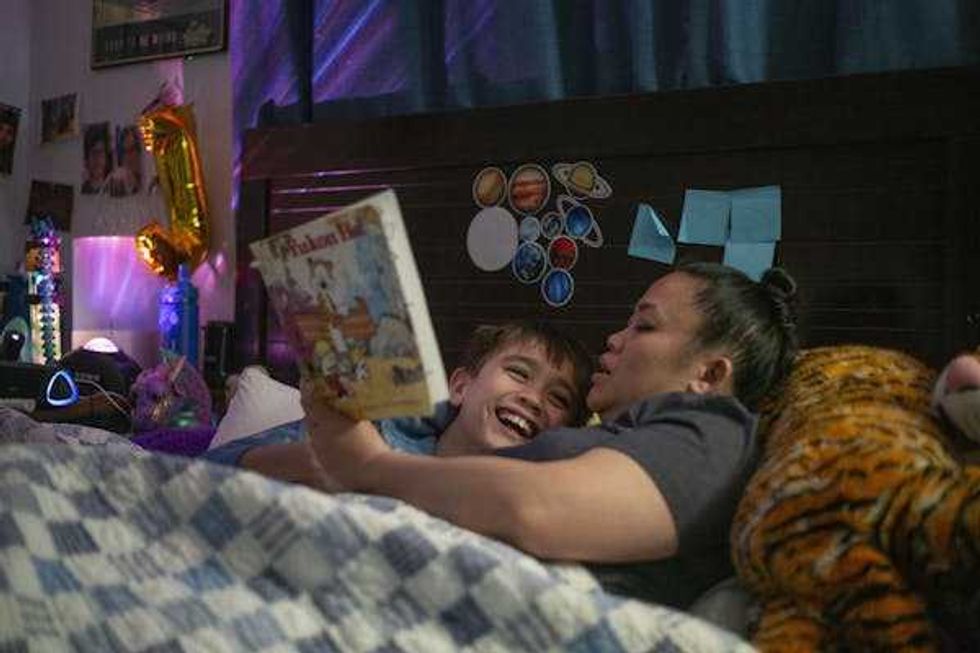 Christy Lam-Julian, a mother in Pinole, Calif., reads to her son in April 2025.
Christy Lam-Julian, a mother in Pinole, Calif., reads to her son in April 2025.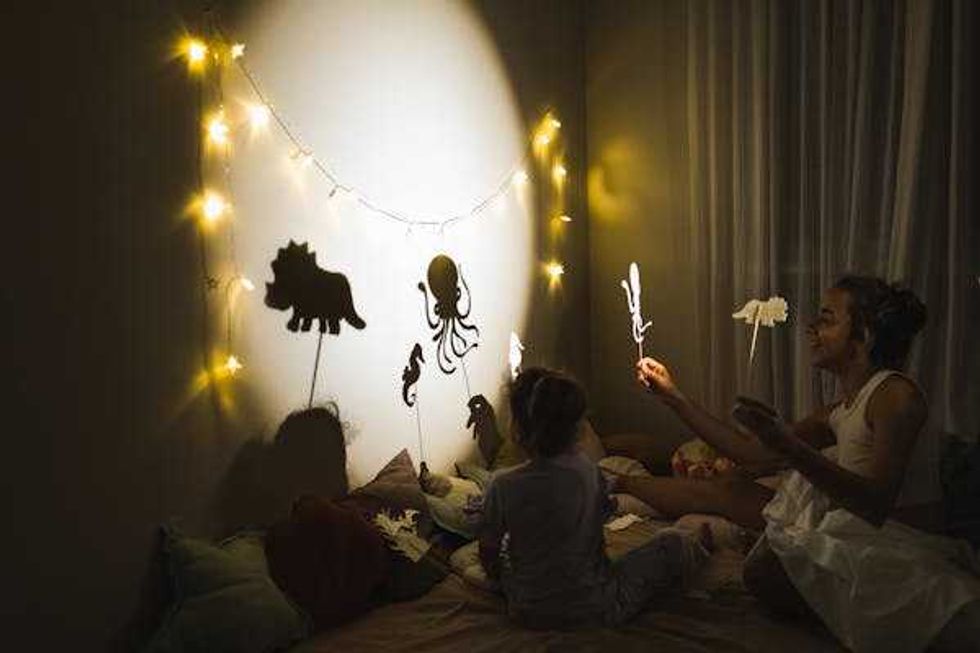 Children who read bedtime stories with their parents are likely to benefit from a boost in creativity – especially if they consider questions about the books.
Children who read bedtime stories with their parents are likely to benefit from a boost in creativity – especially if they consider questions about the books.

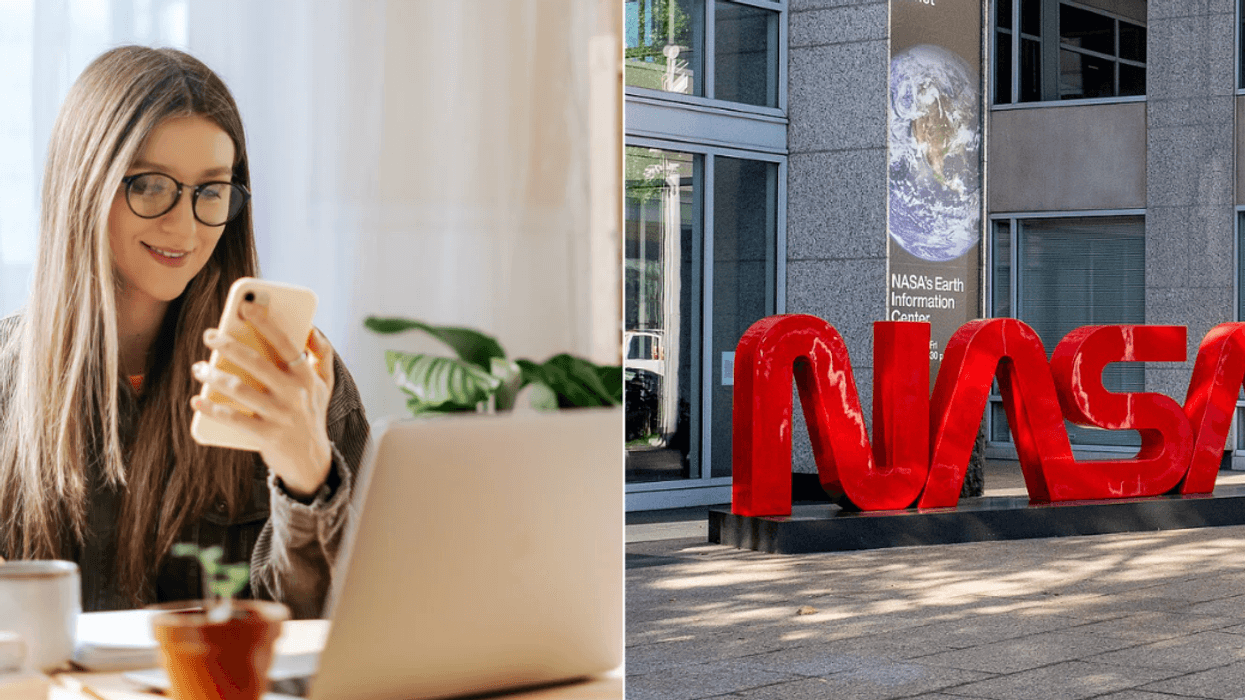
 A woman scrolls through a dating appCanva
A woman scrolls through a dating appCanva
 A home pregnancy test Canva
A home pregnancy test Canva
 Openly choosing the one you like best can help break down stigmas.
Openly choosing the one you like best can help break down stigmas.
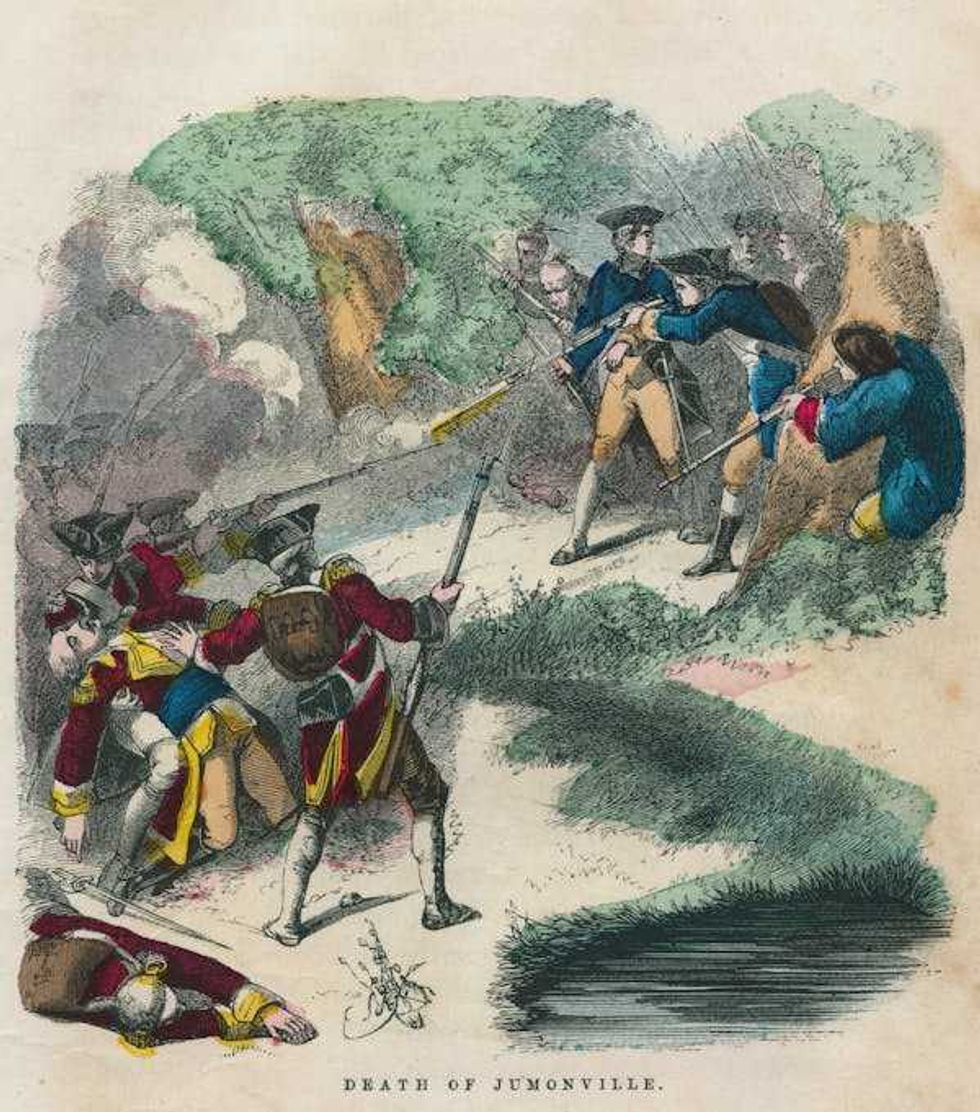 The Jumonville affair became the opening battle of the French and Indian War.
The Jumonville affair became the opening battle of the French and Indian War.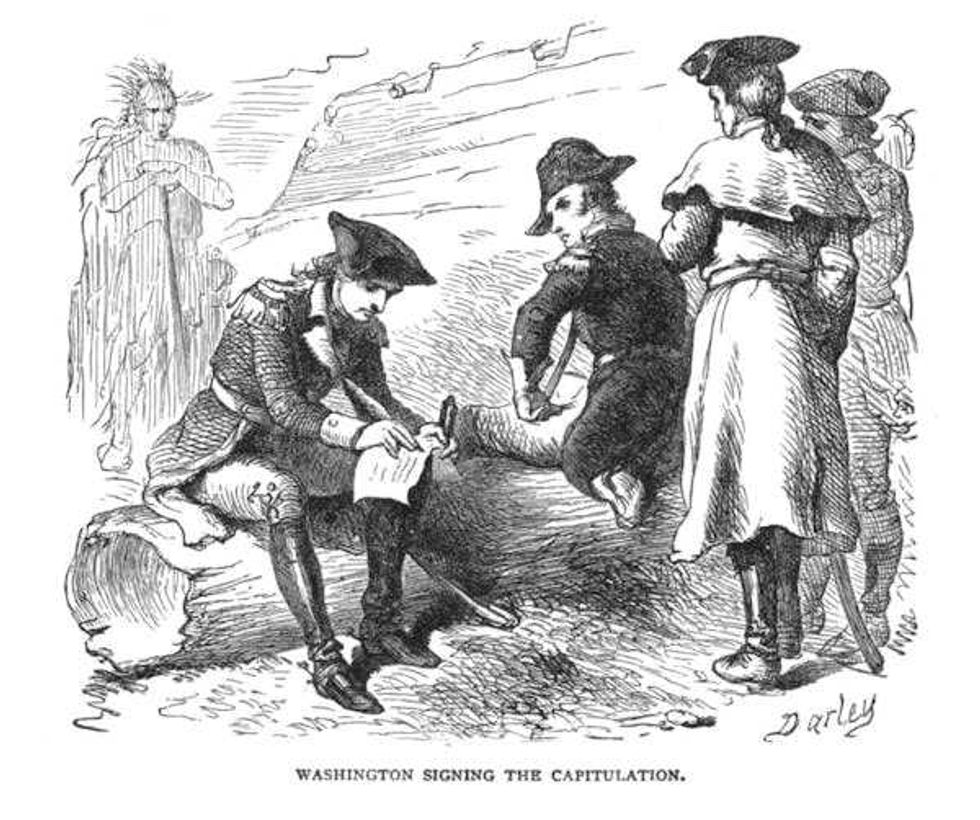 Washington was outnumbered and outmaneuvered at Fort Necessity.
Washington was outnumbered and outmaneuvered at Fort Necessity. A log cabin used to protect the perishable supplies still stands at Fort Necessity today.
A log cabin used to protect the perishable supplies still stands at Fort Necessity today.